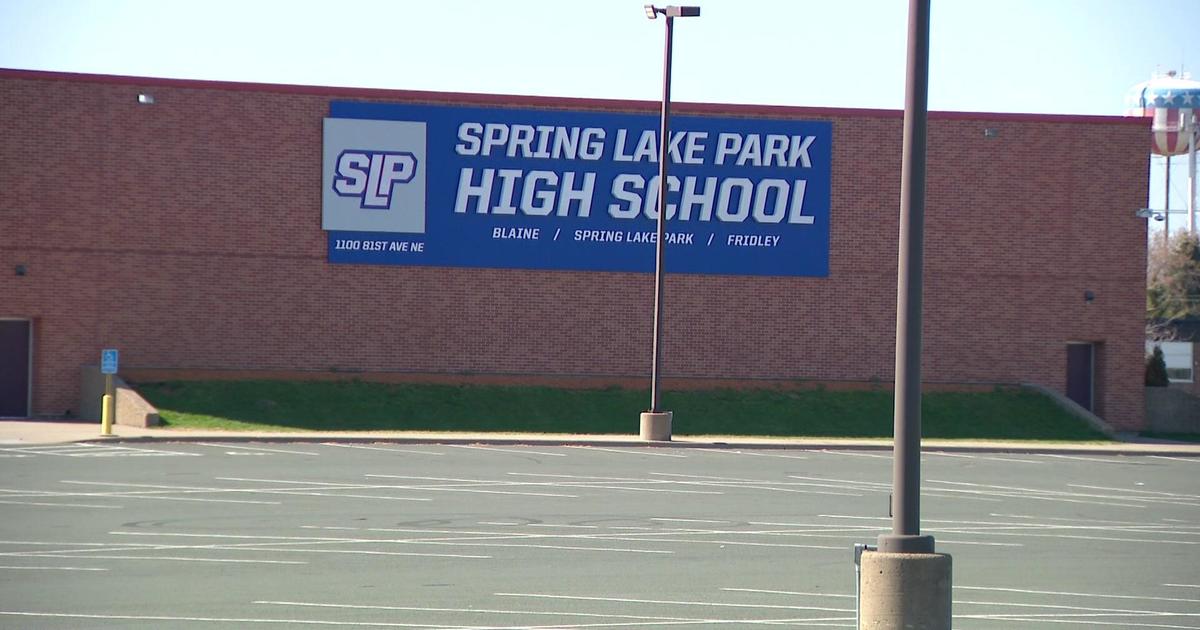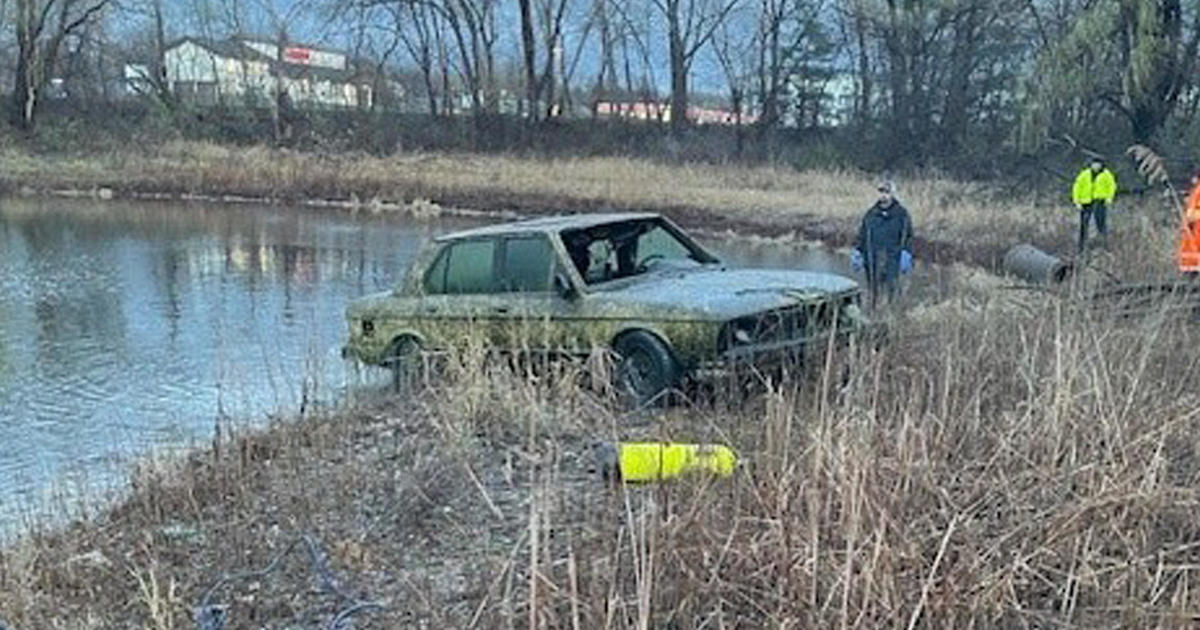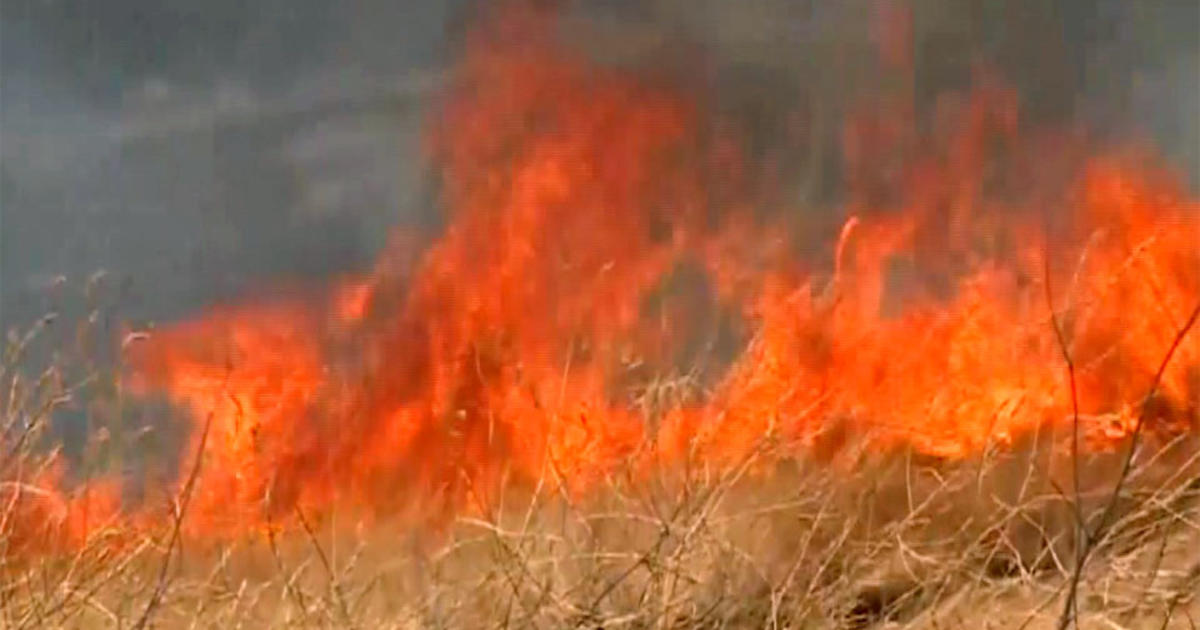DNR Tries To Stop White Bear Lake Lawsuit
WHITE BEAR LAKE, Minn. (WCCO) - A recent study found the reason for the shrinking of White Bear Lake is the growing use of ground water. A citizens' group is taking the DNR to court for allowing it to happen - and now the state is trying to stop that lawsuit.
In Ramsey County Civil Court, White Bear Lake Restoration Association lawyer Jan Conlin says they're running out of time to save the lake.
"The protected elevation of White Bear Lake is about a little over 923 feet above sea level. The last recorded reading was 918, and it's getting worse," Conlin said.
But the Attorney General's office, who is representing the Department of Natural Resources, argues that court is not the place for this. Attorney Kim Middendorf says the DNR needs to be able to do its work.
"The DNR has identified some concerns. That's its job, that's what it does. And it should be allowed to continue addressing those issues," Middendorf said.
The case is based on recent research by the U.S. Geological Survey which found an increasing amount of ground water is being pumped from the aquifer underneath White Bear Lake. Along with drought conditions, the pumping is leading to lower water levels.
The DNR oversees issuing permits to municipalities and businesses to pump water. The need has been greater than the supply.
"The DNR has granted certain permits without studying or understanding the aggregate effect of that withdrawal," Conlin said.
Middendorf says the DNR's conservation work should be emphasized over lawsuits.
"Are we going to put our resources and our efforts into conservation? Or are we going to engage in a series of litigation where the lakes that get the most attention, or have the most homeowners on them are those where the state will be forced to prioritize its resources?" asked Middendorf.
Homeowners like Greg McNeely say this will happen to other lakes if proper action is not taken.
"It's a natural resource that's going away, and if we don't do something very quickly it's going to be hard to bring it back," McNeely said.
Chris Niskaken of the DNR says more research must be done.
"Clearly we need more study on what the issue is, because this potentially affects dozens and dozens of municipalities," Niskaken said.
WCCO's cameras were allowed inside the courtroom today as part of a pilot project by the state Supreme Court. Judge Margaret Marrinan will now have 90 days to decide what happens next.



